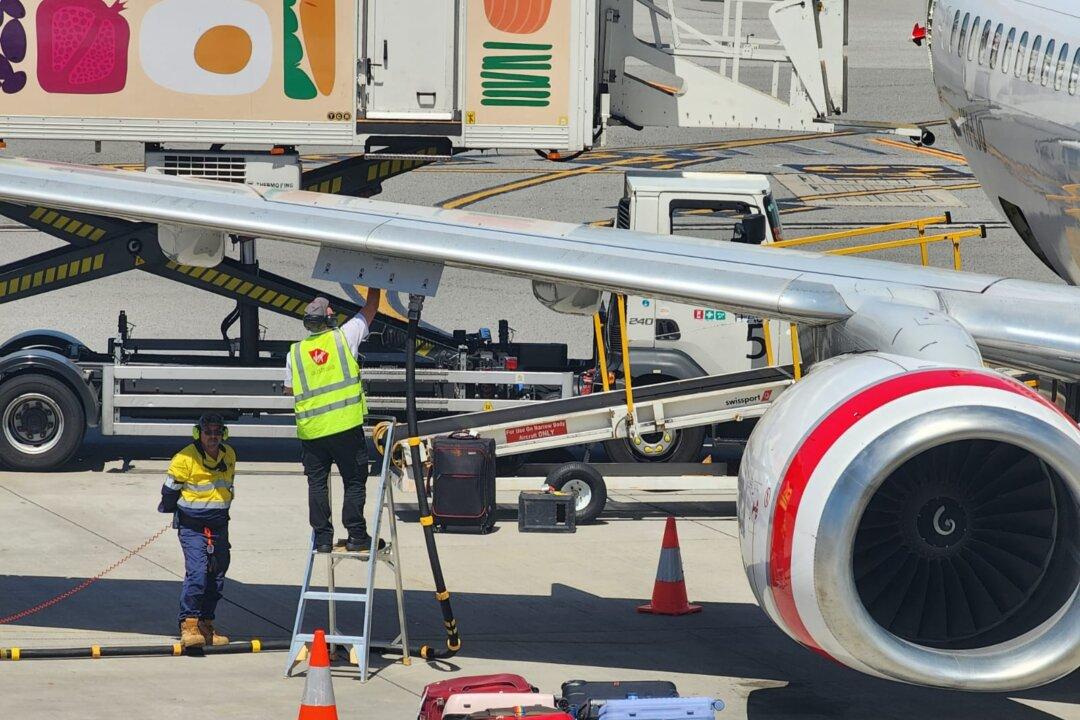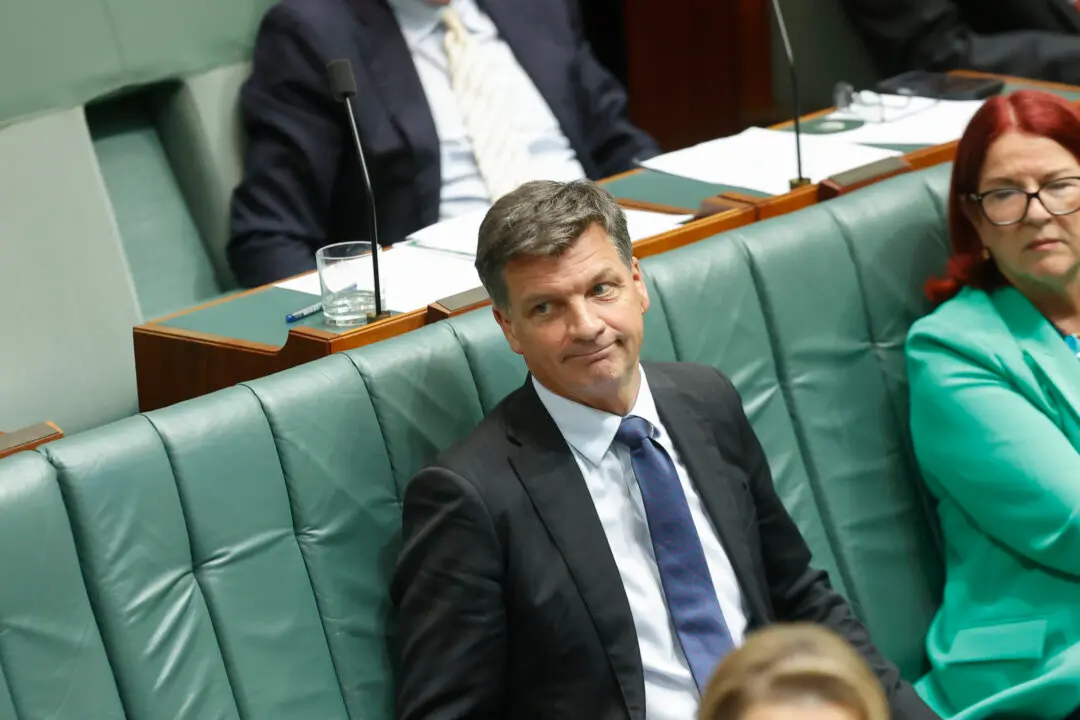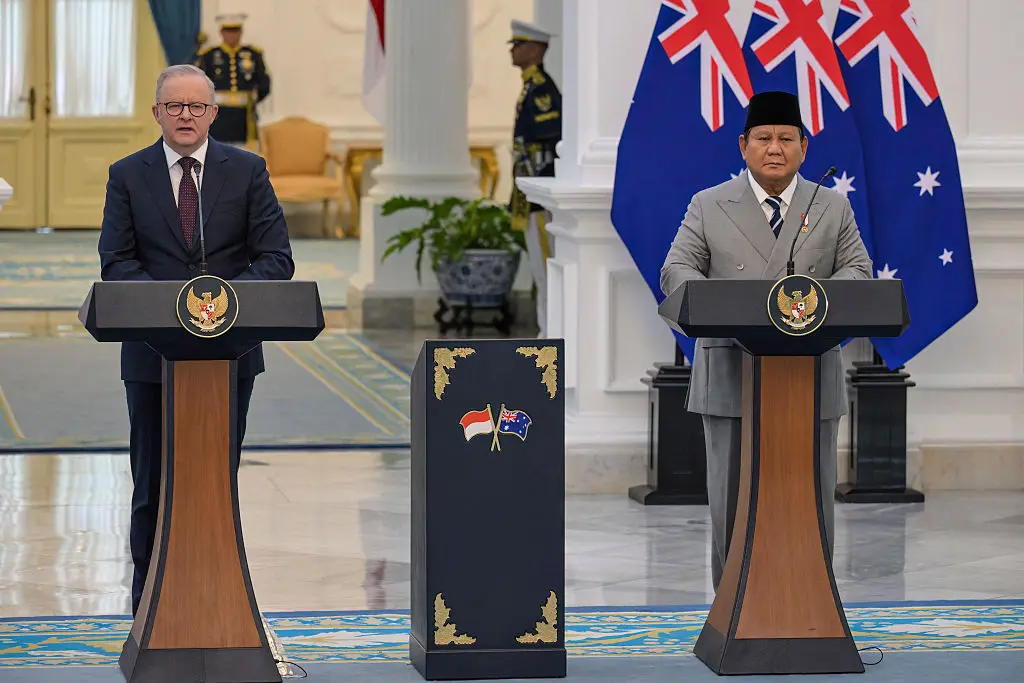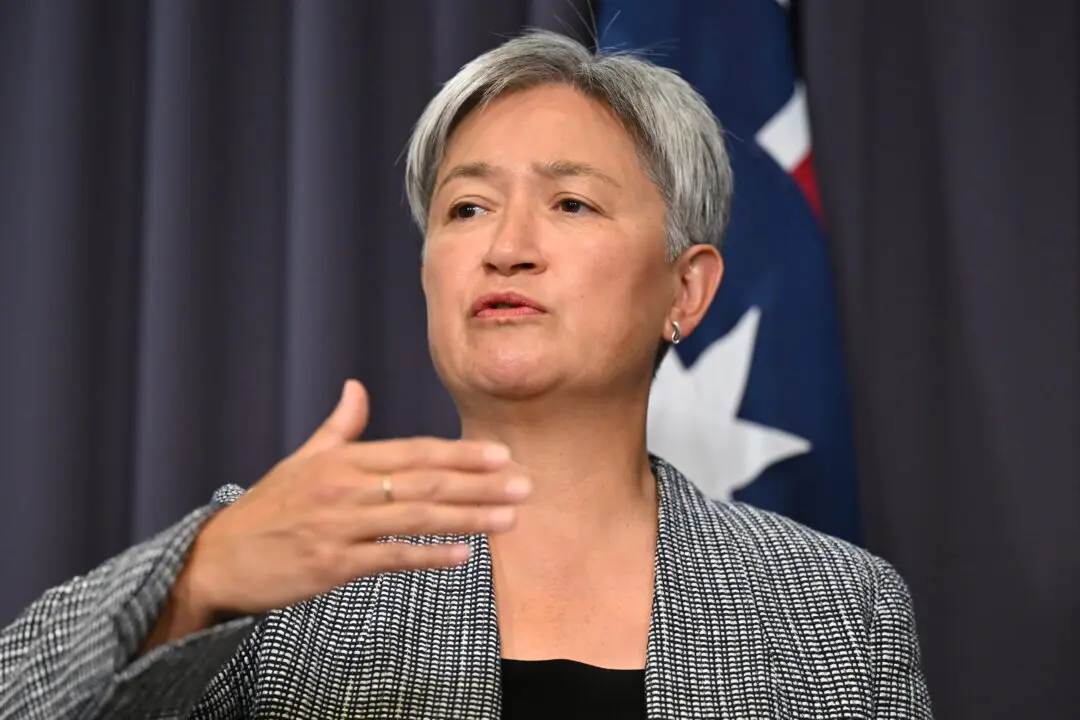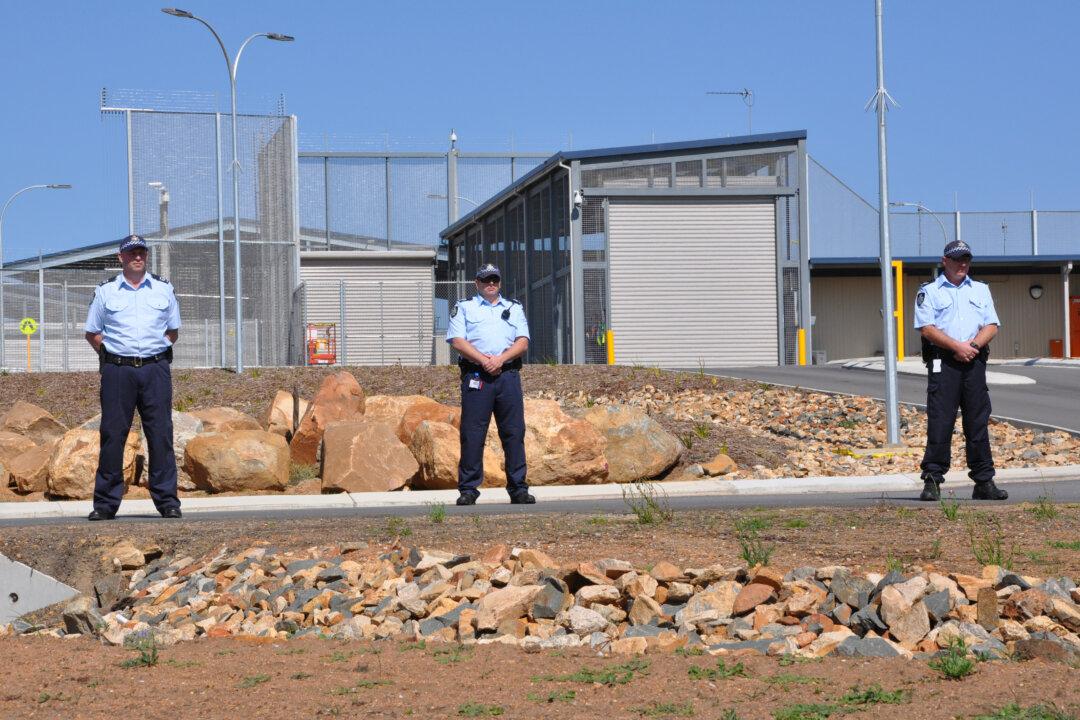The Albanese Labor government has announced funding for two major projects aimed at developing aviation fuel options to reduce emissions in the airline sector.
A total pledge of $14.1 million from the Australian Renewable Energy Agency (ARENA) will be allocated, marking another push towards creating a domestic Sustainable Aviation Fuel (SAF) industry.
